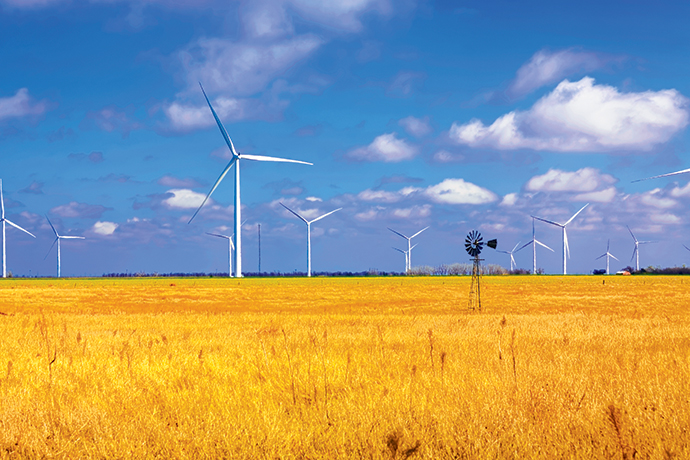Creeping inflation and looming trade wars are pushing America steadily toward another recession, says Ernie Goss, economist and professor of economics and finance at Creighton University in Omaha, Nebraska.
"We are almost at a tipping point. This is a treacherous time," Goss said at the Mid-America Economic Development Council’s 2018 Competitiveness Conference & Site Selector Forum in Chicago on Dec. 4.
“A trade war will hit agriculture in the American Heartland very hard.”
While Goss admitted that he, like most economists, doesn’t know exactly when a recession will hit, he cited several factors that he believes lay the groundwork for one:
- Export Headwinds: "The Trump trade skirmishes are taking a toll," he noted. "There’s a 90-day delay starting Jan. 1 until tariffs on Chinese goods go up from 10 percent to 25 percent, but after that watch out."
- Higher Inflation: While higher prices are coming down due to lower oil prices, the Fed will raise rates again on Dec. 19 and then "they may take a pause."
- Higher Interest Rates: "We know they are going up. The question is by how much?"
- Infrastructure Spending: With a federal budget deficit already over $1 trillion, adding to it will be problematic and push the country even closer toward recession, Goss says.
- Tax Reform: This will likely lead to more interest rate hikes, says Goss.
- Inflation or Asset Bubbles: "What’s the difference?" asks Goss.
- Chinese Yuan Dropping by 10.2 Percent: Since February of 2018, the Chinese yuan has declined by 10. 2 percent, essentially canceling out the impact of the 10 percent tariffs.
- Medicaid Expansion: "Who pays? That’s the question." Kansas, Missouri, South Dakota and Nebraska are not expanding Medicaid, notes Goss, while Colorado and Iowa are.
- Where Are the Price Bubbles? Bond prices, farm ETF and agricultural land prices are all down from last year, and so are farm equipment sales. Meanwhile, annual growth in home prices is 5.7 percent – "the result being that fewer people are now qualifying to buy a house," notes Goss.

"There are some real concerns out there," Goss says. "We’re living in the most interesting times. My advice is to keep more cash in your portfolio. That’s what I’m doing."
If current trends continue, Goss says to look for the following things to occur in 2019:
- "A trade war will hit agriculture in the American Heartland very hard."
- "Job growth in manufacturing is on fire. It can’t continue at that pace."
- "2019 is looking a little better for rural main street but will still be negative."
- Alternative energy investment and production will continue to climb in the rural heartland. Wind, ethanol and anaerobic digestion should see good times.
- Finding and hiring workers will continue to be the biggest challenge for manufacturing employers in the heartland.
- The federal deficit will soar above $21 trillion and continue to grow. That means more inflation, higher taxes and higher interest rates.

